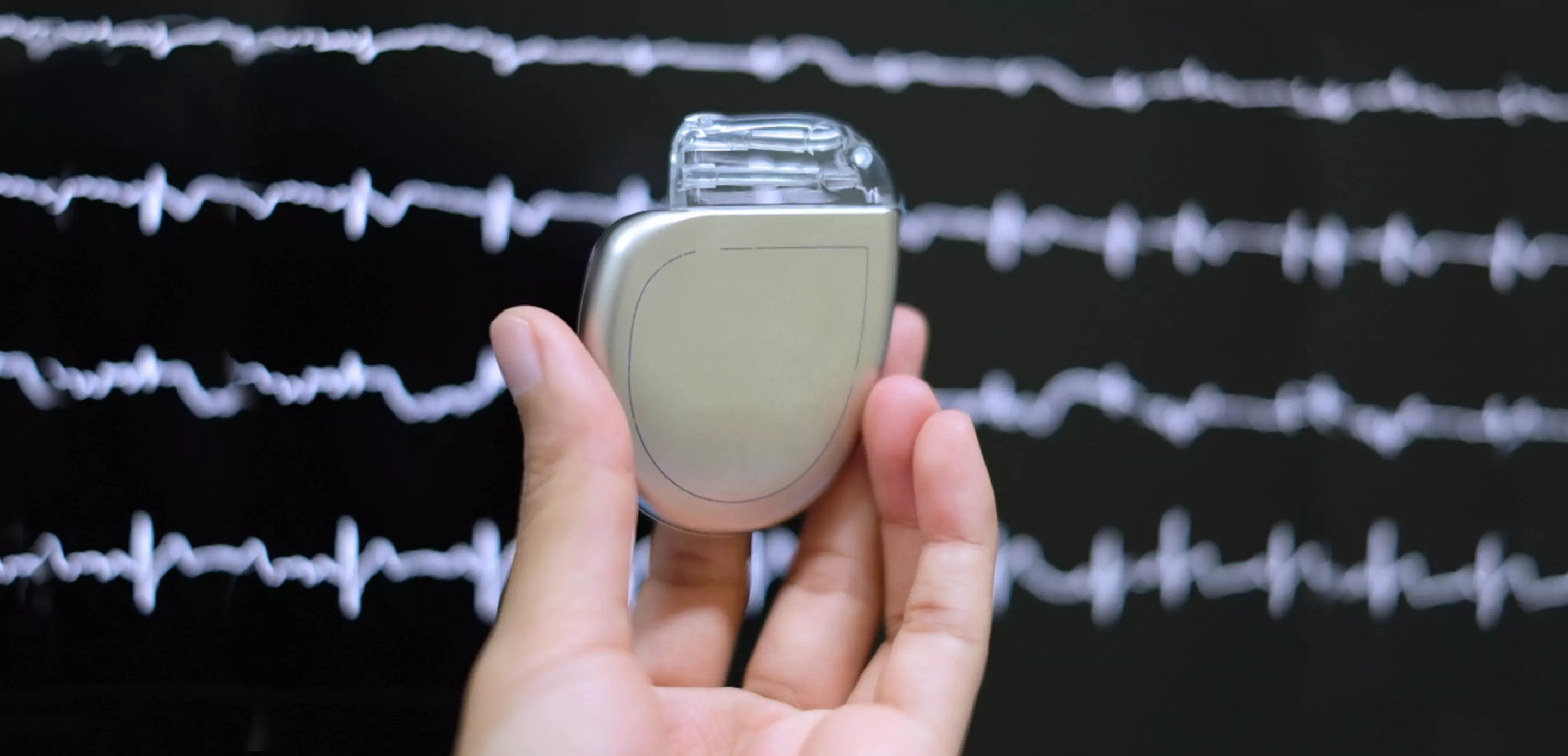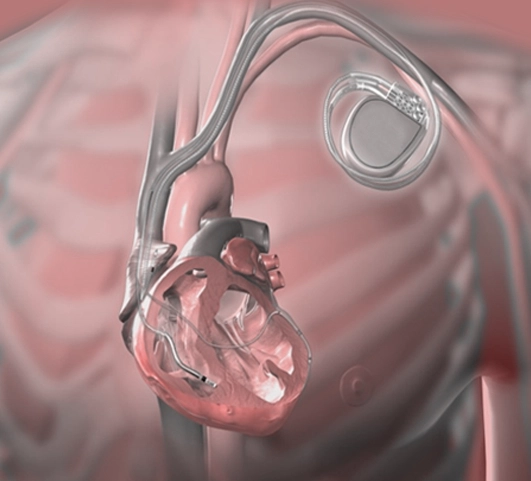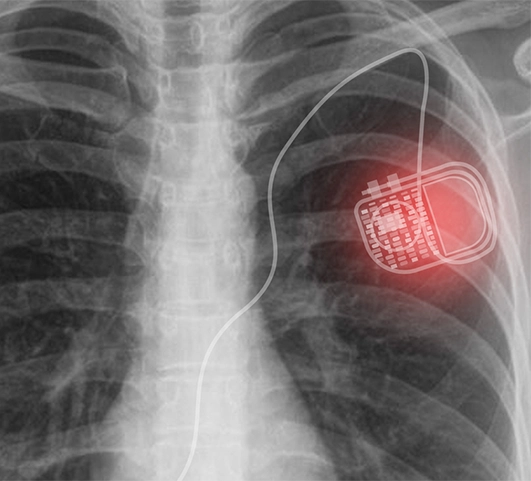


Helping your heartbeat in the right sync with ICD and Combo Device Implantation.
Artemis Cardiac Centre is one of the most trusted names when it comes to the field of Cardiac surgery. The hospital is a hub of excellence, committed to offering advanced procedures like ICD Combo Device Implantation, for patients with serious arrhythmias and related complications. The treatment plan is curated by our experts with a personalized touch while prioritizing your comfort and ensuring the best outcomes.
Our team strictly adheres to personalized treatment plans because we believe that every individual has unique medical requirements. Throughout your journey from treatment to recovery, we ensure your medical needs are being catered to with a robust approach.
ENQUIRE NOW

An ICD Combo device implantation involves the placement of a combination device that integrates both an implantable cardioverter-defibrillator (ICD) and a pacemaker. The ICD Combo device is a small battery-powered device that is surgically implanted in the chest to treat and manage certain cardiac conditions. This combination is also known as a CRT-D (Cardiac Resynchronization Therapy with Defibrillator) device. This gadget is no less than a boon for people with heart failure, as it allows better control of cardiac arrhythmias and enhances the rhythm of their heartbeats.
ICD Combo device implantation may be needed for ensuring the effective management of the following conditions:
ICD and Combo Device Implantation is broadly classified and based on the technique that is used:
ENQUIRE NOWIt can take around 2 to 3 hours
Most patients need to stay overnight and are discharged within 24 hours while it may take a little longer if there are any complications
Most patients return to work within a week or two, however, complete recovery can take a couple of months
We have restored hundreds of patients' lives with timely angioplasty at Artemis Cardiac Care Panipat. Whether it's an emergency heart attack or a planned procedure, our cardiology team has achieved consistent, high-success rates.
Our individualized care, state-of-the-art facilities, and post-procedure care are valued by our patients. We're honored to be Panipat go-to heart care partner, providing both clinical expertise and humane healing.




Distinguished Cardiac Care Expertise
Eminent Cardiac Care Integrated with Advanced Technology
Transformed Lives with Trust and Care .
You may be recommended to go for angioplasty if you are experiencing any of the following symptoms linked to coronary artery disease, which are not responding to medication and lifestyle modifications:

If you are experiencing severe chest pain

If you experience difficulty in breathing

If you feel weak and tired all the time

If you feel lightheaded or dizzy

If your heart rhythm is not normal

If your hand and feet appear to be swollen

If you are having a fluttering sensation in your chest

If you have stopped responding to medications
Various Benefit of ICD and Combo Device Implantation are:
The defibrillator was earlier implanted in the abdominal cavity as they were quite large in size, however, nowadays smaller defibrillators are available which can be easily implanted below the collarbone.
After ICD Combo Device Implantation, you can resume normal activities within a week or two. In some cases, it can take longer depending on the overall health of the patient. You need to refrain from indulging in any rigorous physical activity and avoid lifting heavy objects unless you recover completely.
Yes, ICD Combo Device Implantation procedure involves the use of anesthesia. As such, you will not feel any pain or discomfort.
Yes, ICD Combo Devices can be programmed to suit the individual needs of the patients. The pacing can be adjusted depending on the severity of the arrhythmias.
ICD Combo Device Implantation procedure can take anywhere between 2 to 3 hours depending on the severity of the arrhythmias.
From Recent Advancements in Heart Care to Tips and Tricks to make your Heart Healthy Again, stay updated with reliable and informative blogs by our experts.
View All Blogs

